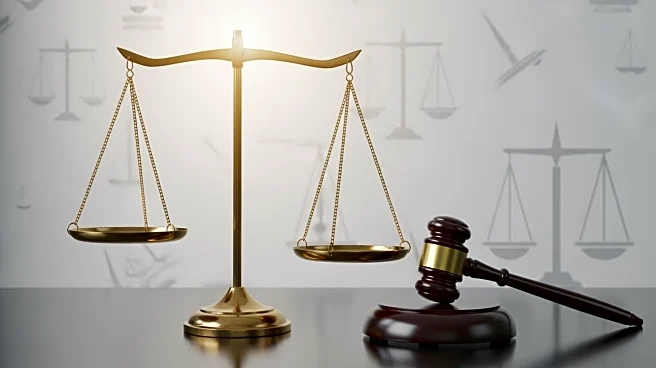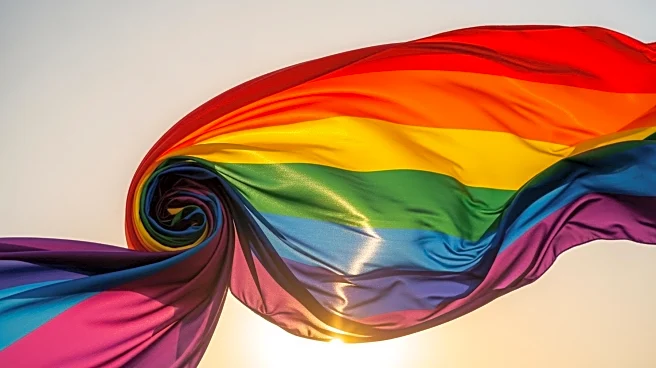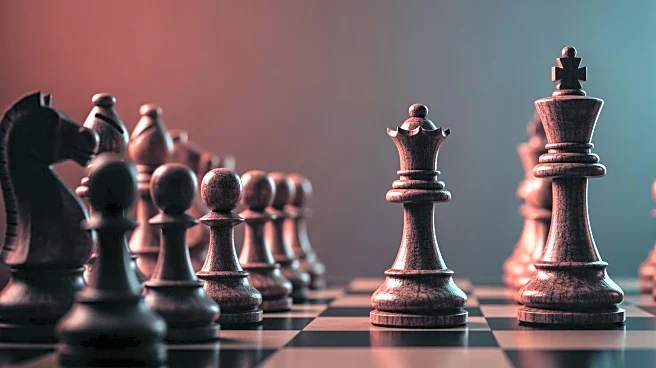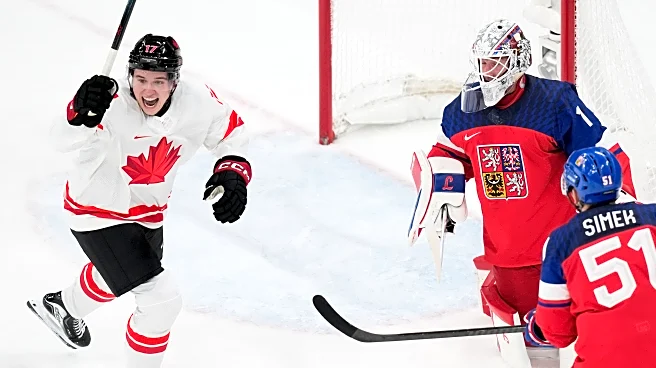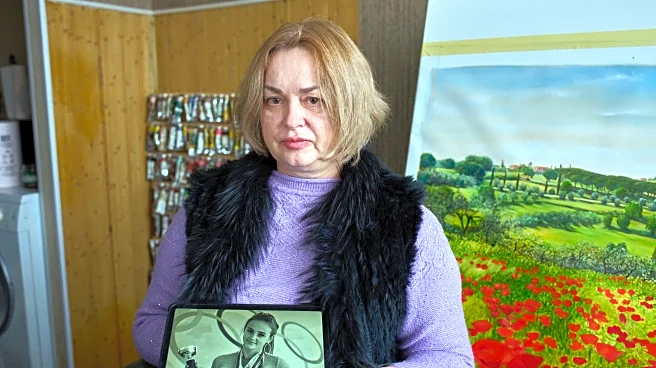What's Happening?
The Court of Arbitration for Sport (CAS) has rejected two requests for urgent provisional measures filed by the Israeli Gymnastics Federation (IGF) and Israeli gymnasts against the International Gymnastics Federation (FIG).
The appeals were made following Indonesia's decision not to grant visas to Israeli athletes for the 53rd FIG Artistic Gymnastics World Championships in Jakarta. The Indonesian government, represented by senior legal affairs minister Yusril Ihza Mahendra, stated that the decision aligns with Indonesia's policy to sever ties with Israel until it ensures the independence and full sovereignty of Palestine. The IGF's first appeal challenged FIG's statement acknowledging Indonesia's decision, while the second appeal, filed with six Israeli athletes, requested CAS to order FIG to ensure Israeli participation or to relocate or cancel the championships. CAS dismissed the first appeal due to lack of jurisdiction and denied provisional measures in the second appeal.
Why It's Important?
This decision by CAS highlights the complex intersection of sports, politics, and international relations. The refusal to grant visas to Israeli athletes underscores ongoing geopolitical tensions and their impact on international sporting events. The ruling may set a precedent for how sports arbitration bodies handle similar disputes involving political considerations. The outcome affects the athletes' ability to compete, potentially impacting their careers and the representation of their country in international sports. It also raises questions about the role of sports federations in navigating political issues and ensuring fair competition.
What's Next?
As the IGF's second appeal progresses to a final award, the case remains significant, especially since the championships have already occurred. The relief sought by the IGF, including measures to guarantee Israeli participation or to cancel the event, is no longer feasible, potentially rendering the appeal moot. The situation may prompt discussions within sports federations about policies regarding political interference and athlete participation. Stakeholders, including sports bodies and governments, may need to address the broader implications of political decisions on international sports events.
Beyond the Headlines
The case raises ethical and legal questions about the responsibilities of international sports federations in ensuring non-discrimination and fair access for athletes. It also highlights the potential for sports to be used as a platform for political statements and the challenges in maintaining neutrality. Long-term, this situation could influence how sports organizations develop policies to handle political disputes and protect athletes' rights.
